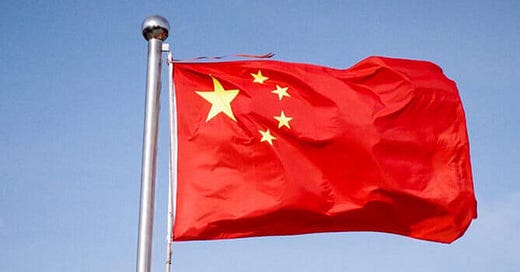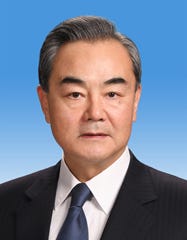Diplomacy with Chinese characteristics
Seeking win-win relations as against zero-sum competition
Wang Yi, Minister of Foreign Affairs of the People’s Republic of China, gave an address at the Symposium on the International Situation and China’s Foreign Relations, delivered in Beijing on December 25, 2022. The address provides a clear and comprehensive presentation of China’s foreign policy. It can be found on the Website of the Ministry of Foreign Affairs of the People’s Republic of China.
Wang began by observing that worldwide trends are evolving toward both unity and division. On the one hand, developing countries are moving with greater resolve toward standing together in solidarity and seeking mutually-beneficial cooperation. But on the other hand, some countries are fomenting conflict and confrontation. These efforts at conflict are doomed to failure, he maintained, because peace, development, and win-win cooperation is the will of the peoples of the world.
China, Wang noted, has launched two major international i…



